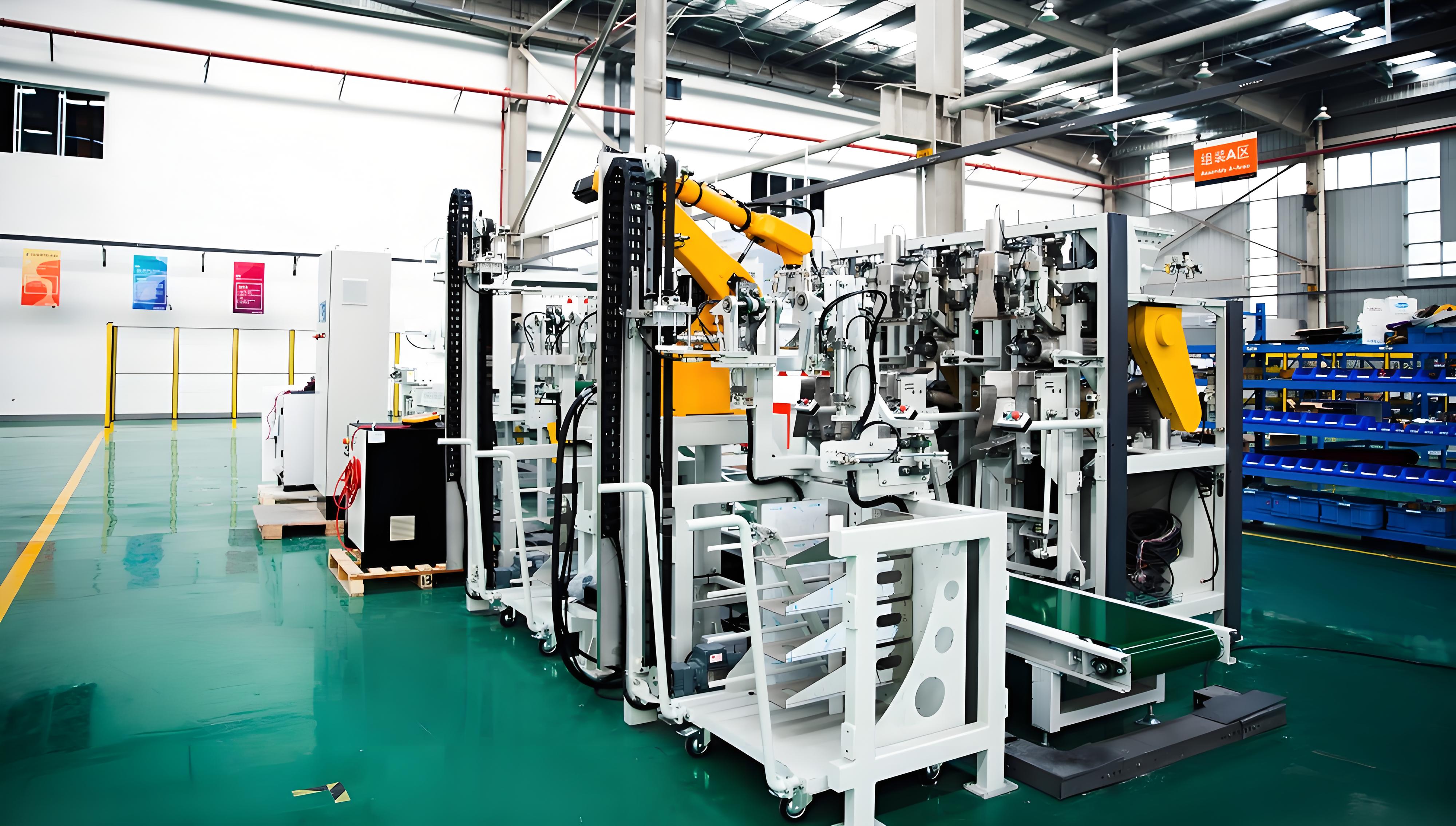In recent years, electric chainsaws have gained popularity among homeowners and professionals alike due to their convenience, eco-friendliness, and ease of use. However, one question that often arises is whether electric chainsaws are noisy. In this comprehensive blog post, we will delve into the world of electric chainsaws, exploring their noise levels, factors affecting noise production, and how to choose a quieter option. So, let's uncover the truth and put the noise concerns to rest!
- Understanding Noise Levels:
To determine whether electric chainsaws are noisy, it is essential to comprehend the concept of noise levels. Noise is measured in decibels (dB), and the higher the decibel level, the louder the sound. According to industry standards, any sound above 85 dB can be considered harmful to human hearing. Therefore, it is crucial to evaluate the noise levels of electric chainsaws to ensure a safe and comfortable working environment. - Noise Comparison: Electric vs. Gas Chainsaws:
When comparing electric chainsaws to their gas-powered counterparts, electric models tend to be quieter. Gas chainsaws typically produce noise levels ranging from 100 to 120 dB, while electric chainsaws generally operate at around 80 to 100 dB. This significant difference in noise levels makes electric chainsaws a more favorable choice for those seeking a quieter cutting experience. - Factors Affecting Noise Production:
Several factors contribute to the noise production of electric chainsaws. Understanding these factors can help users make informed decisions when selecting a chainsaw model: a. Motor Power: Higher-powered electric chainsaws often generate more noise due to increased motor vibrations. Opting for a chainsaw with a slightly lower power rating can result in reduced noise levels without compromising performance. b. Chain and Bar Quality: The quality of the chain and bar can impact noise production. Chainsaws equipped with high-quality, well-lubricated chains and bars tend to operate more smoothly and quietly. c. Maintenance: Regular maintenance, such as chain sharpening and proper lubrication, can significantly reduce noise levels. Neglecting maintenance can lead to increased friction and noise during operation. - Choosing a Quieter Electric Chainsaw:
For those specifically seeking a quieter electric chainsaw, consider the following tips: a. Look for Noise Ratings: Some manufacturers provide noise ratings for their chainsaw models. Opt for chainsaws with lower noise ratings to ensure a quieter experience. b. Anti-Vibration Features: Chainsaws equipped with anti-vibration features help reduce noise by minimizing motor vibrations. Look for models that prioritize user comfort and noise reduction. c. User Reviews: Reading user reviews and testimonials can provide valuable insights into the noise levels of specific electric chainsaw models. Look for feedback from users who prioritize noise reduction.
Conclusion:
In conclusion, electric chainsaws are generally quieter than their gas-powered counterparts, making them a preferred choice for those seeking a quieter cutting experience. By understanding the factors influencing noise production and considering tips for choosing a quieter electric chainsaw, users can enjoy a more peaceful and efficient cutting process. So, bid farewell to excessive noise and embrace the quieter side of chainsaw operation with electric models!


